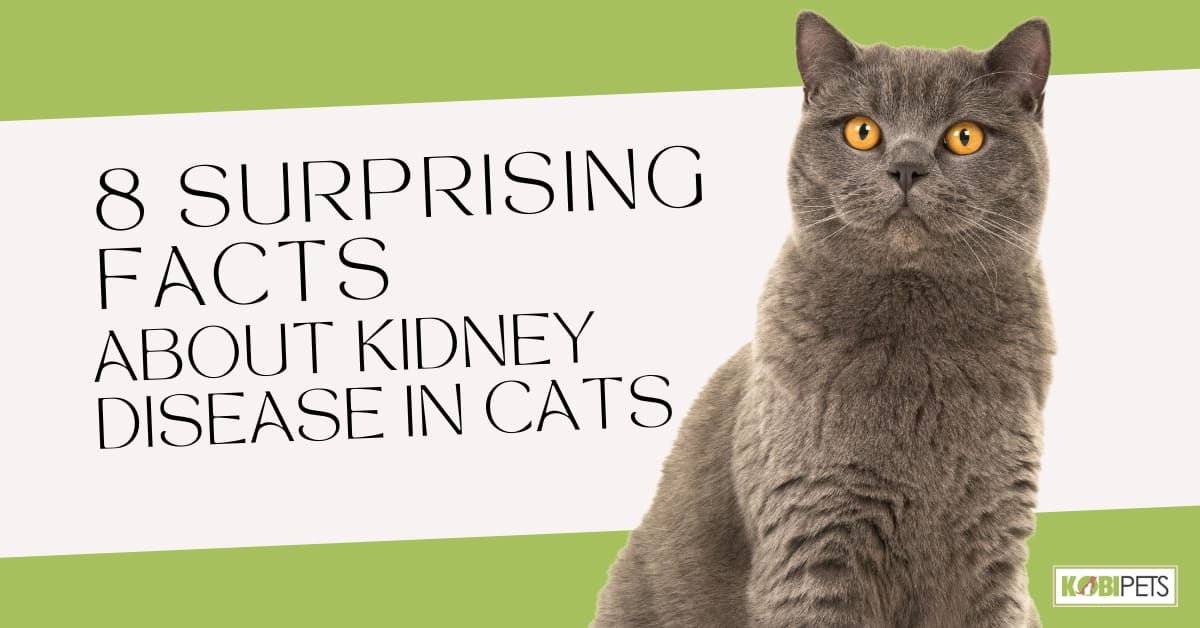
As cats age, they are at risk of developing various health problems, one of the most common being kidney disease. Kidney disease can be a serious condition in cats, but with early diagnosis and proper treatment, cats can still lead a good life.
In this blog post, we will discuss some surprising facts about kidney disease in cats so that cat owners can be better informed and prepared.
1. Kidney disease is common in older cats.
Kidney disease is a common issue for older cats, but not all cats are automatically affected as they age. The risk increases as cats live longer and become more susceptible due to age-related illnesses.
Common conditions include kidney cysts, infections, dehydration, and cancer. Kidney failure often results in dehydration and a loss of appetite which can be devastating to an otherwise healthy cat who has been diagnosed with kidney disease.
It’s important to recognize the symptoms early on and seek veterinary help as soon as possible in order to prolong your pet’s quality of life and keep them comfortable and healthy.
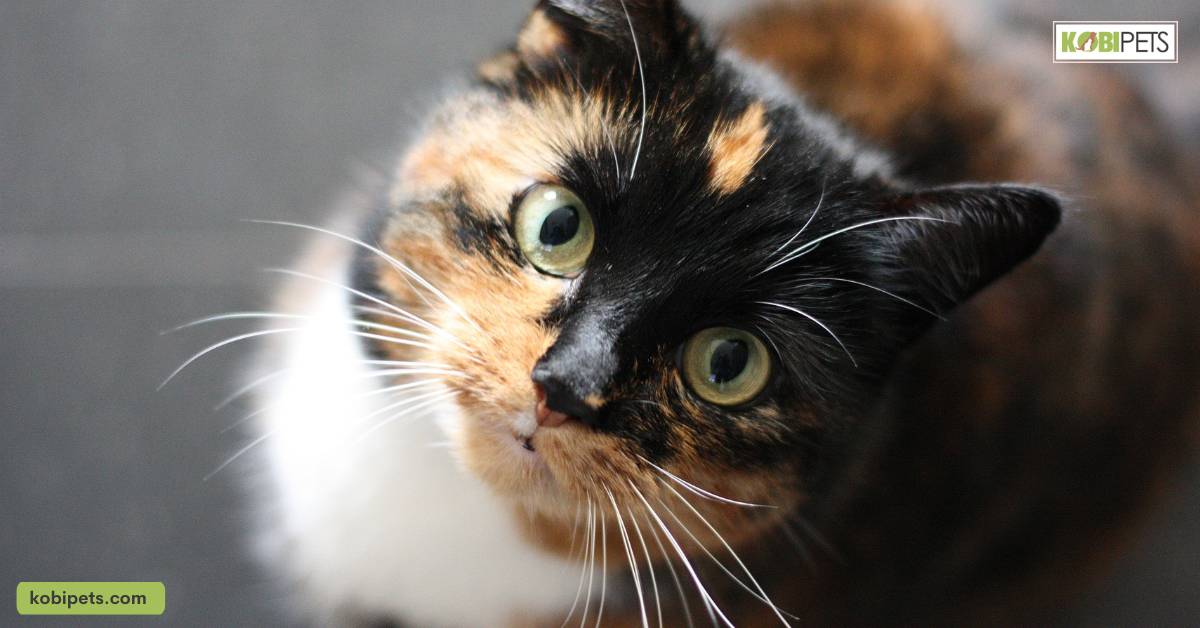
2. Chronic kidney disease can go unnoticed for a long time.
Chronic kidney disease can go undetected in cats for a long time. Early detection and diagnosis is key, but cats may not show any symptoms until the kidneys have been damaged beyond repair.
By this point, the cat’s life may already be facing significant changes due to the complications of chronic kidney disease. As such, it’s important to familiarize yourself with possible indicators of chronic kidney disease so that if you notice any in your pet, you can take them to their vet as soon as possible.
You should also ask your vet to screen your cat regularly – even if they seem healthy – so that if any issues arise they can be identified early enough for effective treatment.
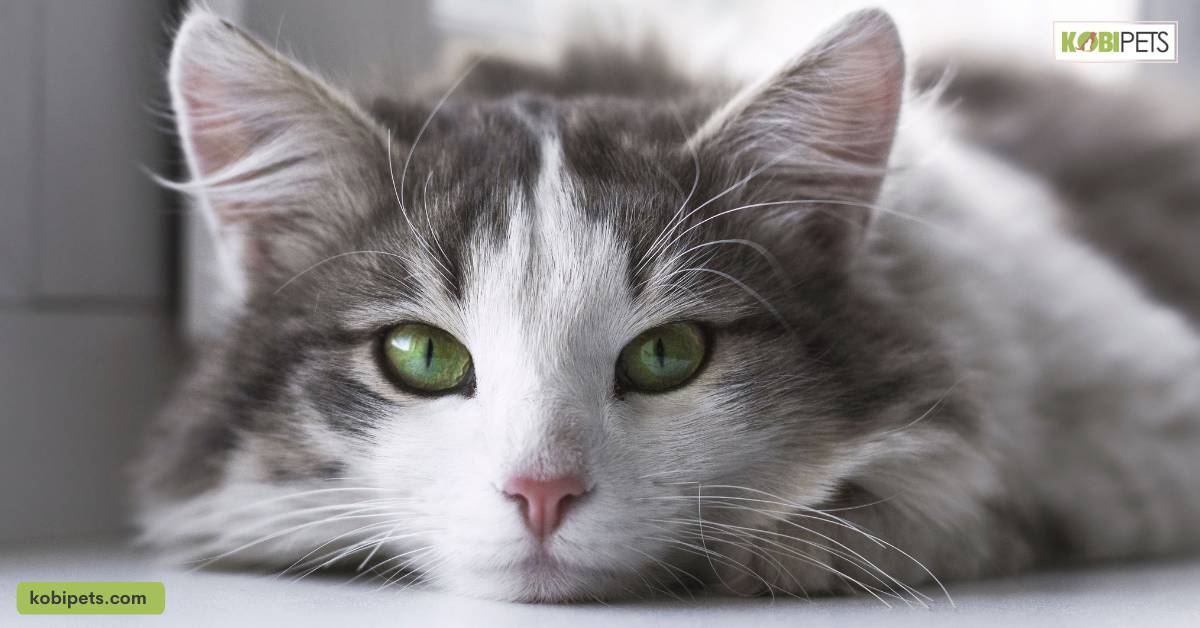
3. The symptoms of kidney disease can be non-specific.
Kidney disease in cats is a serious condition but its symptoms can be non-specific and easy to overlook until it has advanced, making it difficult to diagnose. These symptoms may include increased drinking and frequent urination, weight loss, bad breath, and appetite changes.
Excessive vomiting and diarrhea can also be signs of kidney disease in cats. If any of these issues appear or persist, it’s important to have your cat seen by a veterinarian immediately as early intervention is key in providing successful treatment for feline kidney disease.
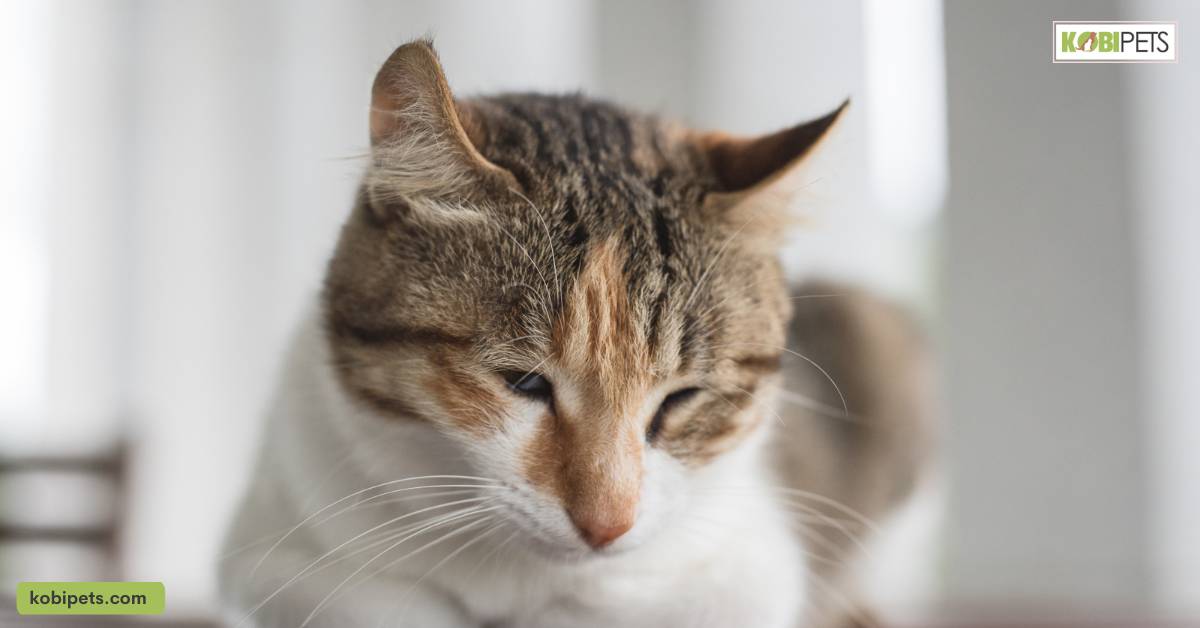
4. Dehydration can worsen kidney disease.
Dehydration can have an adverse effect on cats with kidney disease, worsening their condition and leading to more serious health problems. This is because the kidneys are responsible for removing toxins from the cat’s body and, when water levels drop, those toxins accumulate which puts further strain on the organs.
As a result, it is important to ensure that cats with kidney disease have access to fresh water at all times. Furthermore, if your kitty begins exhibiting signs of dehydration such as dry mouth, lethargy, and a lack of appetite, seek veterinary help immediately in order to prevent further damage caused by dehydration.
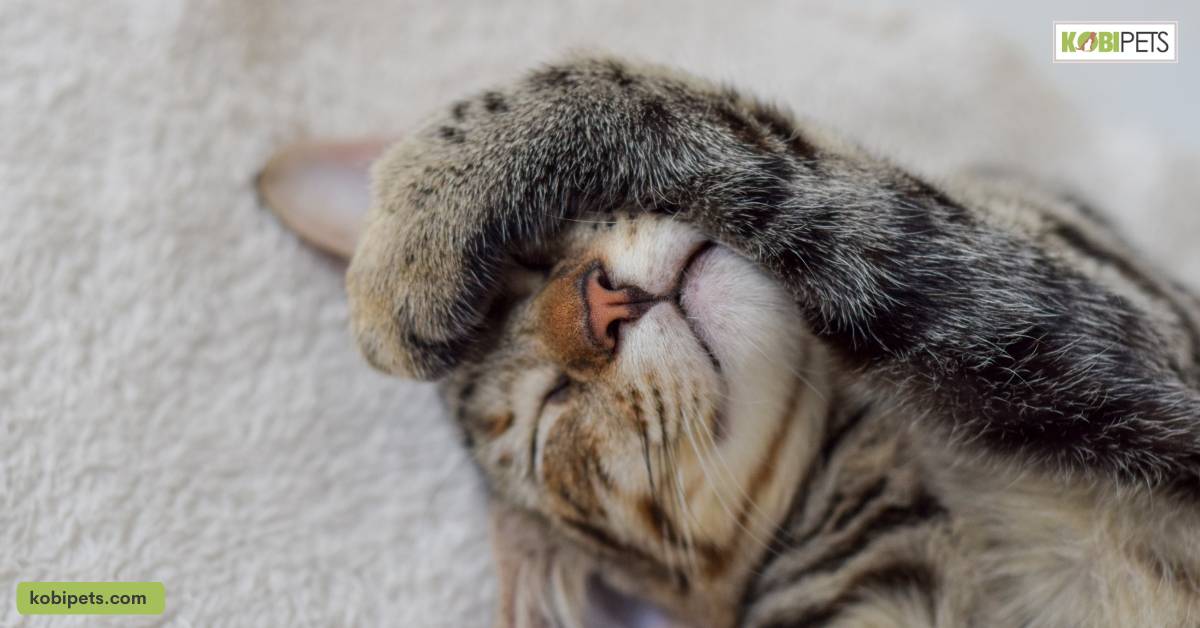
5. Cats with kidney disease often have a decreased appetite.
Kidney disease is a particularly prevalent and serious problem in cats, with an estimated 1 in every 10 cats being affected by it. The signs of kidney disease are usually subtle and may include changes to their diet such as decreased appetite.
It’s common for cats with kidney disease to start to pick at their food instead of eating it normally. To combat this, vets often recommend switching a cat’s diet to one that is high in wet or moist food rather than the traditional kibble.
In many cases cats will enjoy this new flavor more and eat more frequently, enabling them to get the nutrition they need while their bodies work harder to fight off the effects of kidney disease.
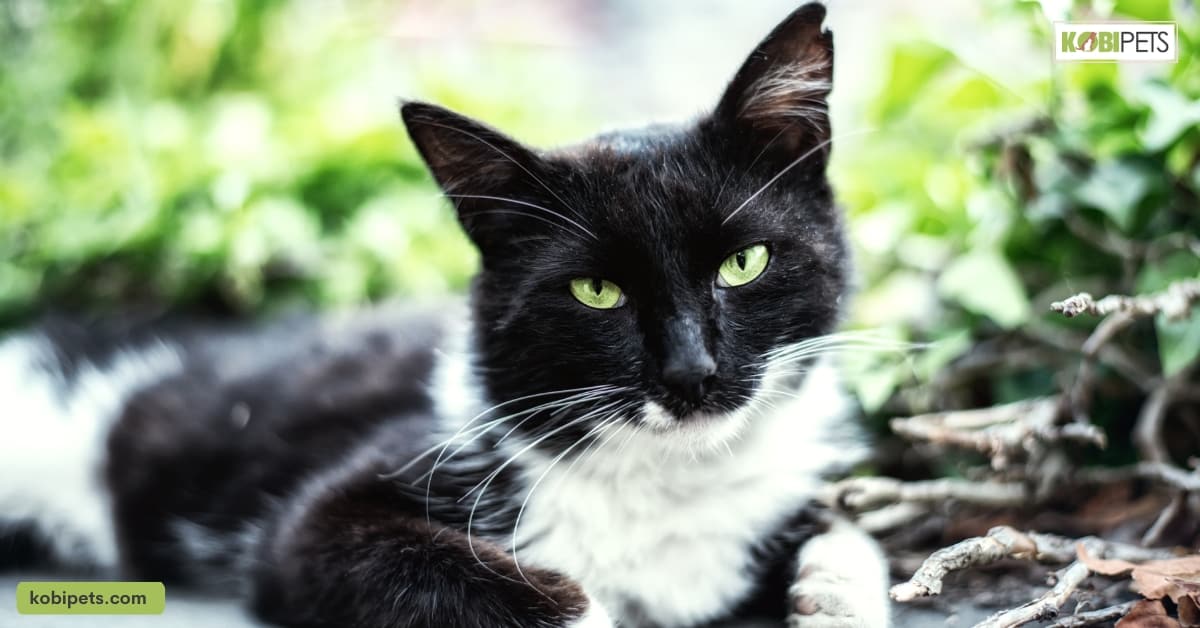
6. Kidney disease can affect kidney function in different ways.
Kidney disease is one of the leading causes of death in cats. Though it’s more common in older felines, cats of any age can contract the illness. Kidney disease can present differently among cats, sometimes leading to a decrease in kidney function, impaired production of hormones, or even an inability for the body to rid itself of toxins.
Early signs of kidney problems may include dehydration and weight loss, however, more serious symptoms can also occur, such as vomiting or a change in urination patterns. Treatment typically includes changes in diet as well as medication that helps restore kidney function and reduce toxins in the body.
It’s essential to closely monitor your cat’s health if you suspect they are affected by kidney issues and obtain veterinary attention when necessary to ensure your feline stays healthy and happy.
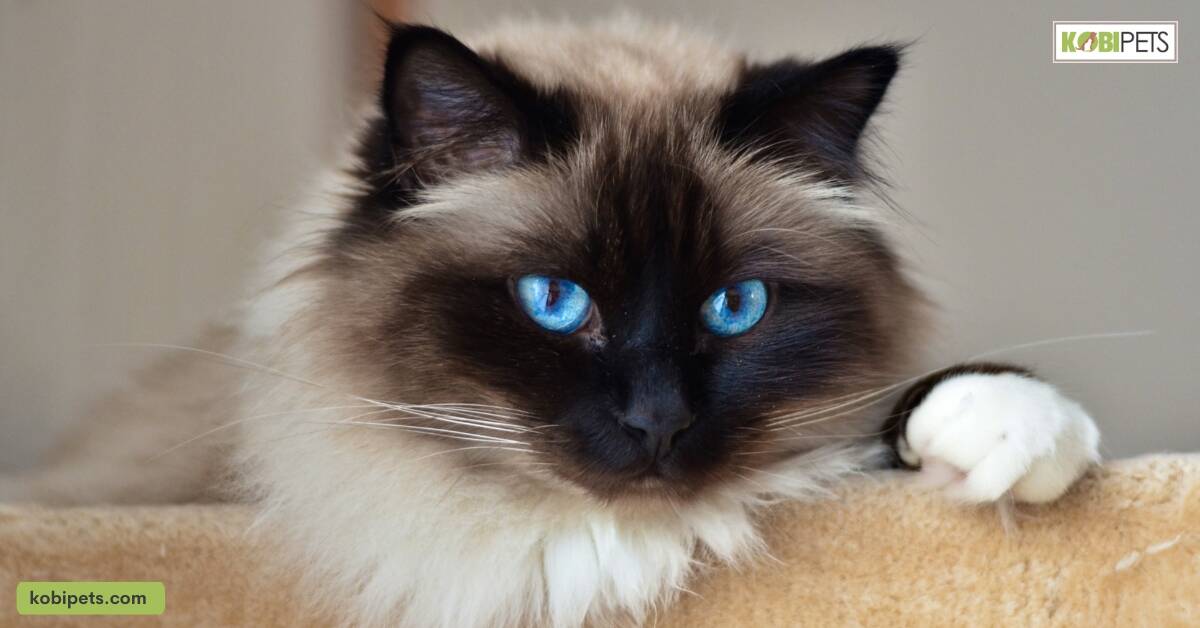
7. Kidney disease can lead to anemia.
Kidney disease can commonly cause anemia in cats. When the kidneys don’t function properly and are unable to filter toxins from our furry friends, a consequent decrease in the production of red blood cells may occur.
Additionally, diminished erythropoietin secretions from damaged kidneys may cause an inadequate response to other treatments for correcting anemia in cats. Fortunately, this kind of anemia is usually reversible and treatable but for some more severe cases, a cat may need more advanced care including intravenous fluid therapy and iron supplements.
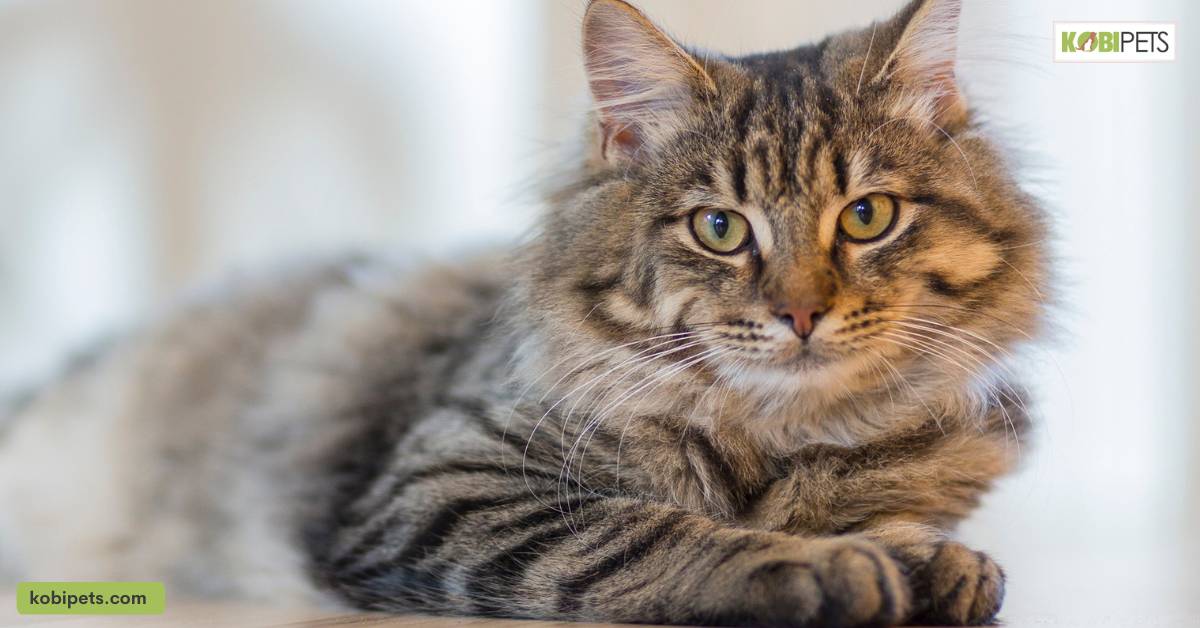
8. Kidney disease can be managed, but not cured.
Kidney disease affects cats of all ages and can be a difficult condition to manage. Generally, there is no complete cure for the disease, and once diagnosed, medical management is typically the only course of action available.
Without consistently managing your cat’s kidney health, the prognosis may become poor over time. Regular veterinary check-ups and home monitoring of your cat’s diet and hydration level can help minimize the progression of kidney disease and lead to a longer, healthier life for your pet.
Additionally, there are new treatments such as stem cell therapy for kidney disease in cats that might further improve their quality of life.
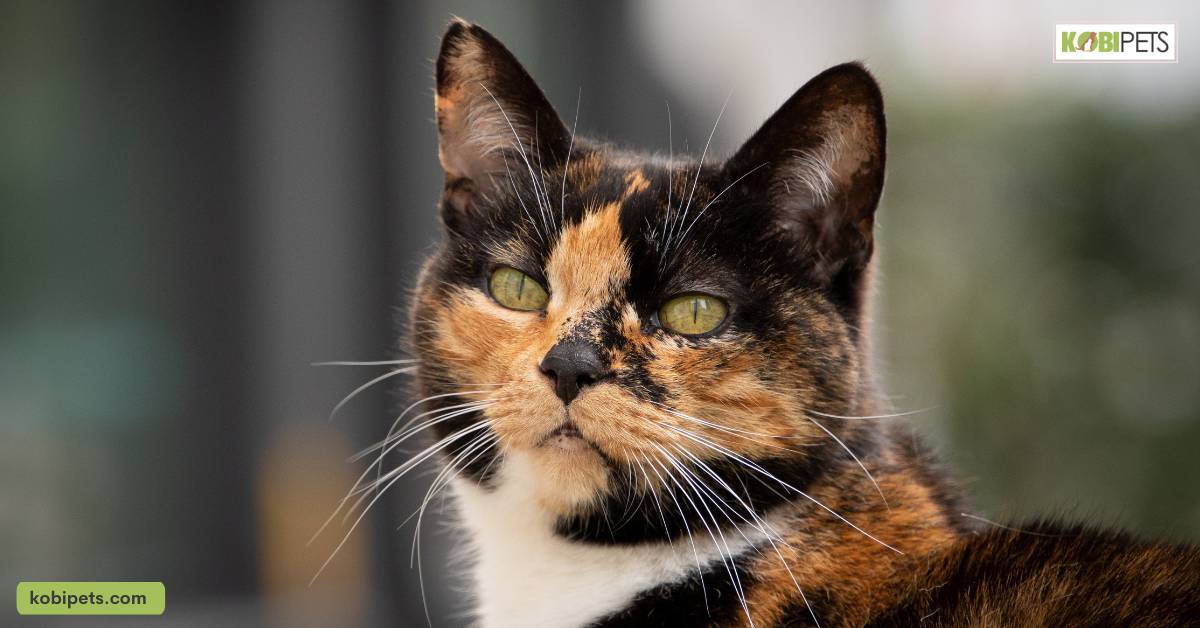
In Conclusion
Kidney disease in cats can be a serious condition, but with early diagnosis and proper management, cats can still lead a good life. Familiarizing yourself with the symptoms and potential complications of kidney disease is key to ensuring that your pet stays healthy.
Regular veterinary check-ups and home monitoring of their diet and hydration levels are also essential to keeping your cat comfortable and improving their prognosis. By being informed, prepared, and proactive, you can give your beloved feline the best chance at a long, healthy life.






